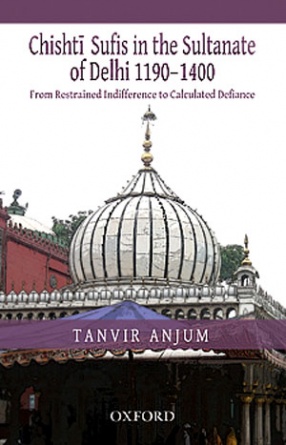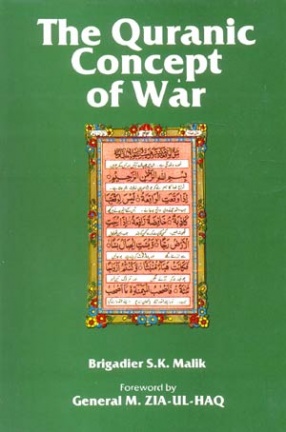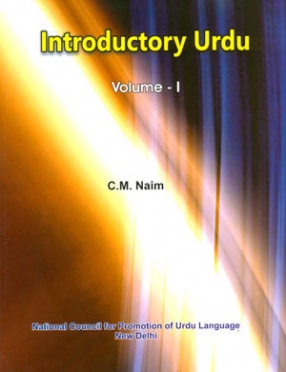Chishti Sufis in the Sultanate of Delhi, 1190-1400: From Restrained Indifference to Calculated Defiance
The relationship of the Chishtī Sufi s with the political authorities has been quite controversial. After the introduction of the Chishtī Silsilah in India in the last decade of the twelfth century by Khwajah Mu‘in al-Din Chishtī of Ajmer, the adherents of the Silsilah made it a definite policy to keep a distance from the rulers by not accepting state services; rejecting land grants and titles from the rulers; and by not visiting the royal court, or welcoming the Sultans to their khanqahs. By doing so, they carved out a space for independent action and practice of Chishtī principles, free from the interference of the state. However, this space was contested both by the rulers and some of the ulama or religious scholars on varied counts. In subsequent decades, the space was preserved and expanded by the Chishtīs while the state attempted to encroach on it; endeavours which the Chishtīs severely resisted. Later, in response to state manoeuvring and containment of the space, the Chishtī Shaykhs defended and considerably realigned it, whereas their lineal descendants negotiated it with the rulers for their own benefit.
Get it now and save 10%
BECOME A MEMBER







Bibliographic information